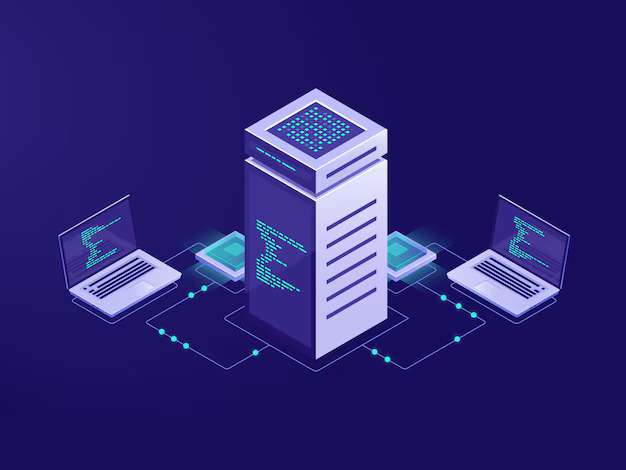The security features inherent in cloud computing are essential for protecting sensitive data and ensuring the integrity of applications hosted in the cloud. These features encompass a range of technologies and practices designed to safeguard information from unauthorized access, data breaches, and other cyber threats.Key components include encryption, which secures data both at rest and in transit, as well as robust identity and access management systems that ensure only authorized users can access specific resources. Additionally, cloud providers often implement multi-factor authentication to add an extra layer of security, making it more difficult for malicious actors to gain access to sensitive information.
Another critical aspect of cloud security is the continuous monitoring and auditing of systems and data. Cloud service providers typically employ advanced security information and event management (SIEM) tools that analyze logs and detect anomalies in real-time. This proactive approach allows for the identification of potential threats before they can escalate into significant issues. Furthermore, regular security assessments and compliance checks are conducted to ensure that the cloud infrastructure adheres to industry standards and regulations, such as GDPR or HIPAA, thereby reinforcing the overall security posture of the cloud environment.
Finally, the shared responsibility model in cloud security emphasizes the collaborative role of both the cloud provider and the customer in maintaining security.While the provider is responsible for securing the underlying infrastructure, customers must take proactive steps to protect their data and applications.This includes implementing strong password policies, regularly updating software, and training employees on security best practices. By understanding their responsibilities and leveraging the security features offered by cloud providers, organizations can create a more secure cloud environment that mitigates risks and enhances data protection.

